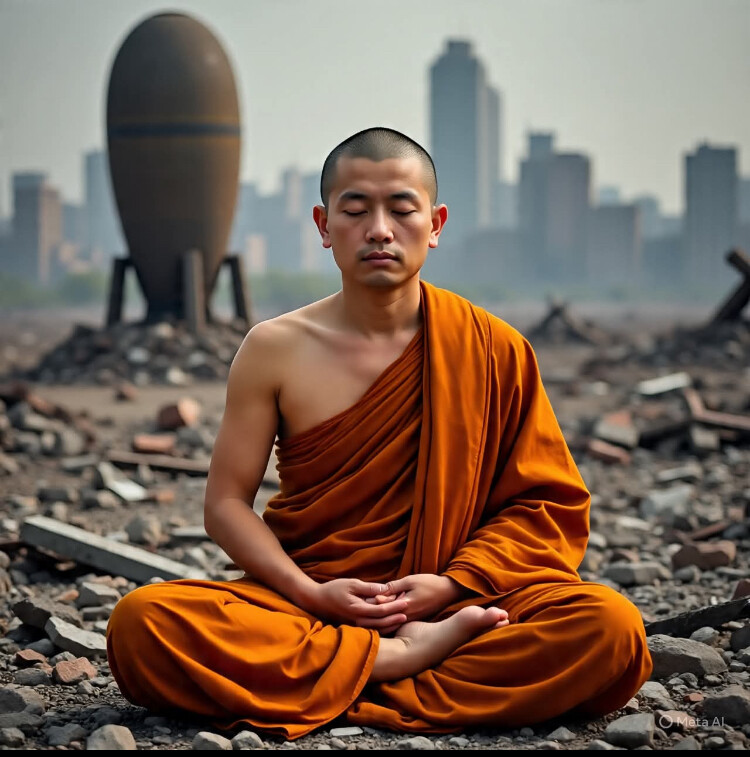We all know people who’ve benefited from therapy—some of us have too. It helps with stress, relationships, emotions, identity. No doubt, psychotherapy can be a lifeline when things feel overwhelming.
Does therapy actually lead to lasting change, or does its impact fade once the sessions stop?
Martin Buber’s philosophy might offer a clue. He emphasized the difference between “I-Thou” relationships (authentic, reciprocal) and “I-It” ones (where the other is treated like an object). A lot of therapy—even humanistic approaches—can unintentionally fall into the “I-It” dynamic, where the therapist holds authority and the patient is analyzed.
That raises a deeper issue: Can true personal growth happen in a space where one person is paid to listen, and the other is scheduled to speak?
Maybe what we need isn’t just more therapy, ,but more genuine human connection. Maybe we should be teaching psychological principles early on, so people grow up with emotional literacy—even if they never set foot in a therapist’s office.
Have you felt therapy helped you long-term, or did its effects fade?
Do you think philosophy or authentic relationships can offer something therapy can’t
Would love to hear your thoughts.

